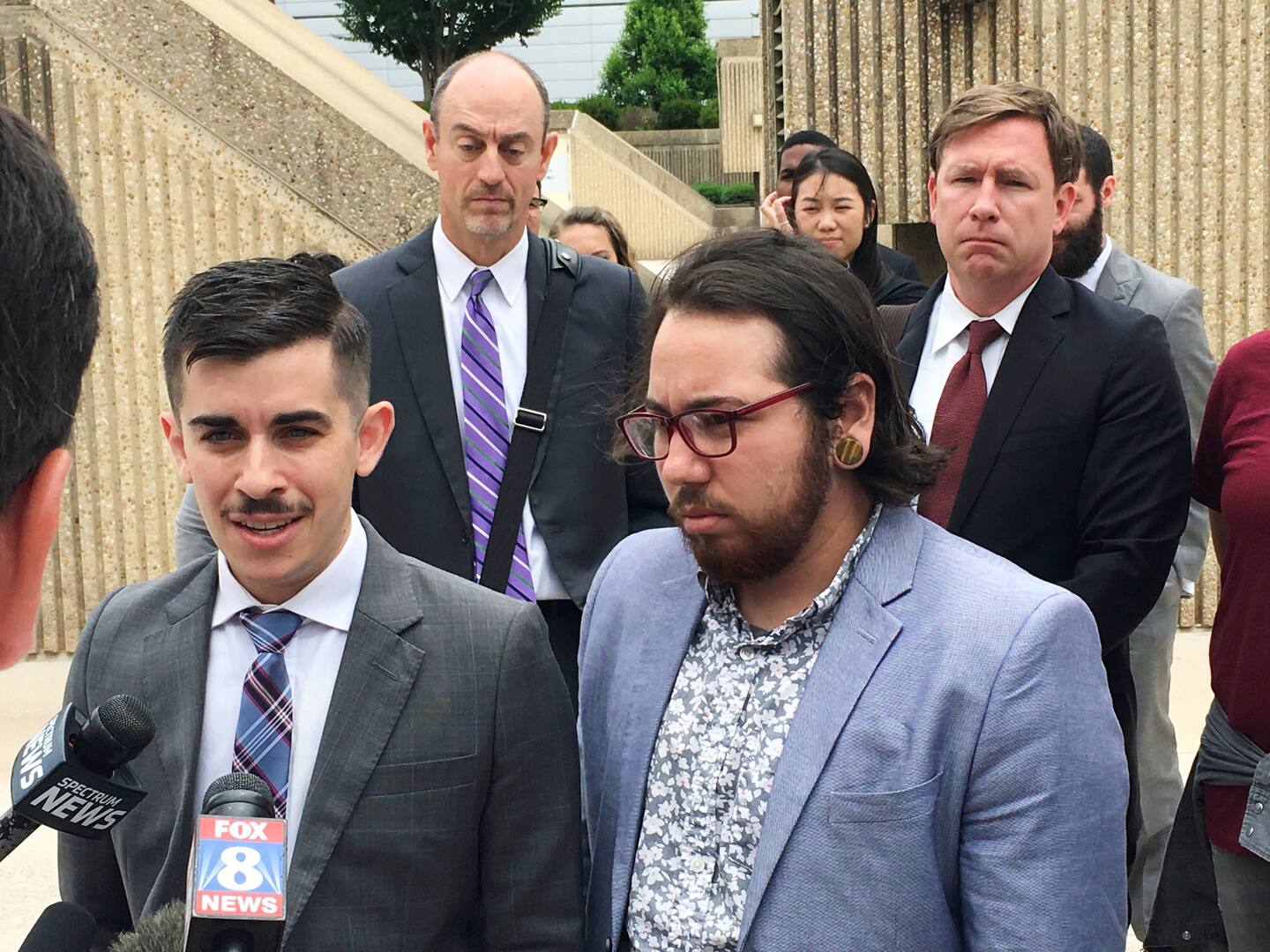Lawmakers targeting trans youth demonize kids to pander to fearful voters

But Gulick didn’t make his request simply for the sake of physical education. He was also an ideological extension of George Williams, who founded the YMCA in London in 1844 — to evangelize, not for exercise.
Williams initially viewed sports as a distraction from religious study. But as secular pursuits in the industrializing world started drawing young men’s interest away from Christian teachings, Williams’s YMCA began using sports to keep young men from going astray — in other words, to force them to conform to the norms of Christian society.
We are witnessing something similar now as reactionaries across the country unleash a flood of bills under the guise of fairness that prohibit young athletes who are transgender from participating in school sports.
Sports are supposed to be inclusive, right? Yet this past Wednesday, the Republican-led Florida House banned transgender athletes from women’s and girls’ sports. A day earlier, Texas Republicans shoved a similar bill along. They did so despite a warning from the NCAA that it would consider keeping its championship tournaments out of states in upholding its pledge to respect its transgender athletes. Earlier, the South Dakota Senate even passed such a law even though there are no transgender girls participating in scholastic sports in the state.
“There is an ideological sort of position that is very prominent in the far right, in the Christian right, that transness isn’t real and should be eradicated,” Chase Strangio, the ACLU’s deputy director for transgender justice at the ACLU, said by phone Thursday from New York. “Therefore, you’ve seen bills that have tried to exclude trans kids in particular from public life, from school and many of those fields. They’ve shifted tactics to sports, and that’s really taken hold because sports has become the flash point for having conversations about the perceived threat of the trans person in relation to non-trans people.”
This is nothing new for sports. It’s just a purposefully forgotten chunk of their history because it doesn’t fit the narrative we’ve been fed by sports historians or mythmakers — i.e., those of us in sports media — about our games’ supposed meritocratic ideals. Baseball doused us with its now annual message about inclusiveness again Thursday with its celebration of Jackie Robinson, the first Black man it allowed to play its game after its rarely told story about the 60-plus years of refusing us.
America’s pastime, as baseball is celebrated, was but one sport in this country for which the perceived threat of a marginalized people — in this case Blacks, the progeny of enslaved Africans — was deemed such a threat to White citizenry that it reacted by barring them from participating. It was joined by other prominent sports such as horse racing and boxing, which for decades kept Black athletes from sports’ most-revered throne, the heavyweight championship. Even Gulick and Naismith’s invention of basketball was for Whites only, in accordance with Jim Crow segregation rules of the day.
And sports were used, as Gulick imported the idea from England, to buttress a masculine, patriarchal society. So women long were refused the opportunity to participate, and when they finally were permitted, it was most often inequitably and with rules on how they could exercise their own bodies. That’s not unlike what mostly White male state legislators are doing now in writing and passing retrograde bills against trans youth athletes. They even found the gall to couch these discriminatory laws in words such as “fairness,” just as they have done with restrictive voting rules they envelop with words such as “integrity.”
“What we’re seeing in the U.S. is … scrutinizing bodies that don’t conform to expectations of the incredibly specific, Eurocentric Christian notion of the sex binary and then trying to police young kids out of the category of woman or girl,” Strangio said.
Billie Jean King, Megan Rapinoe and Candace Parker signed a friend-of-the-court brief with the U.S. Court of Appeals for the 9th Circuit supporting the rights of trans women and girls to participate in women’s sports in response to Idaho’s Fairness in Women’s Sports Act prohibiting trans athletes from competing in school sports.
“We have some really great trans athletes who put their heart and soul into their sport who love what they do, and instead of being celebrated they’re demonized and attacked,” said Strangio, who was Chelsea Manning’s lawyer in her fight against imprisonment as an Army whistleblower. “Of the young people I represent that are trans, they may succeed in sport … but the reality is the discrimination that trans people face, especially Black trans people, especially all other trans people of color, is so significant that no one is receiving college athletic scholarships. They are not being recruited.”
The anti-trans youth athlete bills metastasizing in Republican-controlled legislatures aren’t about leveling uneven playing fields. They aren’t protections for girls and young women who identify with their birth sex.
They are, instead, the latest salvos in a cultural war waged the past few years by those who wish to impose 19th-century Eurocentric Christian values on 21st-century people who are diverse in every way. What more fiendish way to do so than kids’ sports?
Kevin B. Blackistone, ESPN panelist and professor at the Philip Merrill College of Journalism at the University of Maryland, writes sports commentary for The Washington Post.






